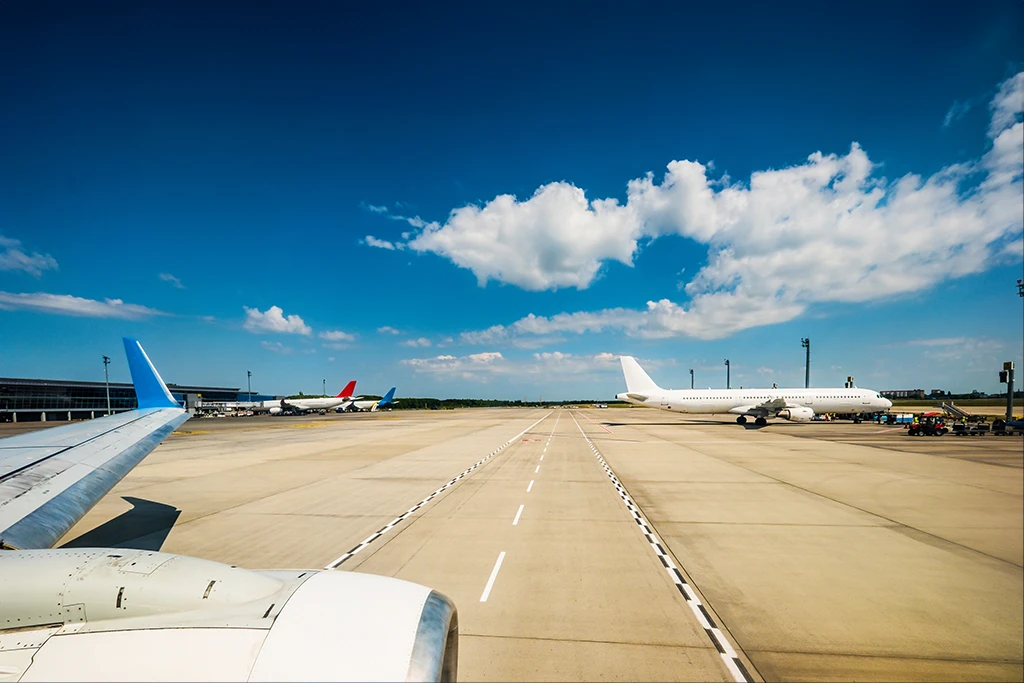
The Australian government is set to roll out major aviation reforms to protect airline passengers’ rights, including the establishment of an aviation ombudsman with real authority. This initiative aims to enforce fair treatment, timely refunds, and potentially cash compensation for delayed and canceled flights. The reforms, led by the Albanese administration, are part of an upcoming aviation white paper aimed at boosting consumer protection and accessibility.
The newly appointed ombudsman will oversee airlines’ compliance with a revamped customer rights charter. Unlike the previous, airline-funded body with limited power, this ombudsman will be able to order refunds and compensation for passengers when airlines fail to meet their obligations. It will also monitor airline and airport behavior and have the authority to report misconduct to the Australian Competition and Consumer Commission (ACCC) for potential legal action.
This program mirrors dispute resolution frameworks seen in other industries, such as telecommunications, and will be underpinned by a legislative framework. A preliminary ombudsman is expected to be appointed shortly, with a formal scheme launch slated for 2026.
At the heart of the reform is a customer rights charter outlining fair and transparent conduct for airlines. The charter will establish clear rules on refunds, defining what constitutes a reasonable delay and requiring prompt reimbursement. It may also require airlines to provide meals, accommodation, and even monetary compensation under certain conditions. The charter’s specifics will be shaped by public consultation, but the government has hinted at following EU models where cash compensation is mandatory for delays.
the government has hinted at following EU models where cash compensation is mandatory for delays.
The white paper also emphasizes improved treatment for passengers with disabilities. New standards will enforce airlines to respect rights and accommodate a wider range of mobility aids. Airlines will also need to offer an “assistance profile” option for passengers with disabilities, allowing personal data such as assistance animal details and wheelchair specifications to be stored for future use. This change addresses long-standing concerns over airlines’ treatment of disabled passengers, who often experience inadequate support and accessibility barriers.
The reforms come amid significant upheaval in Australia’s airline industry, with Rex struggling financially and industry experts warning of a growing duopoly between Qantas and Virgin. These new regulations aim to boost accountability across the board, making airlines directly answerable to passengers and the ombudsman.